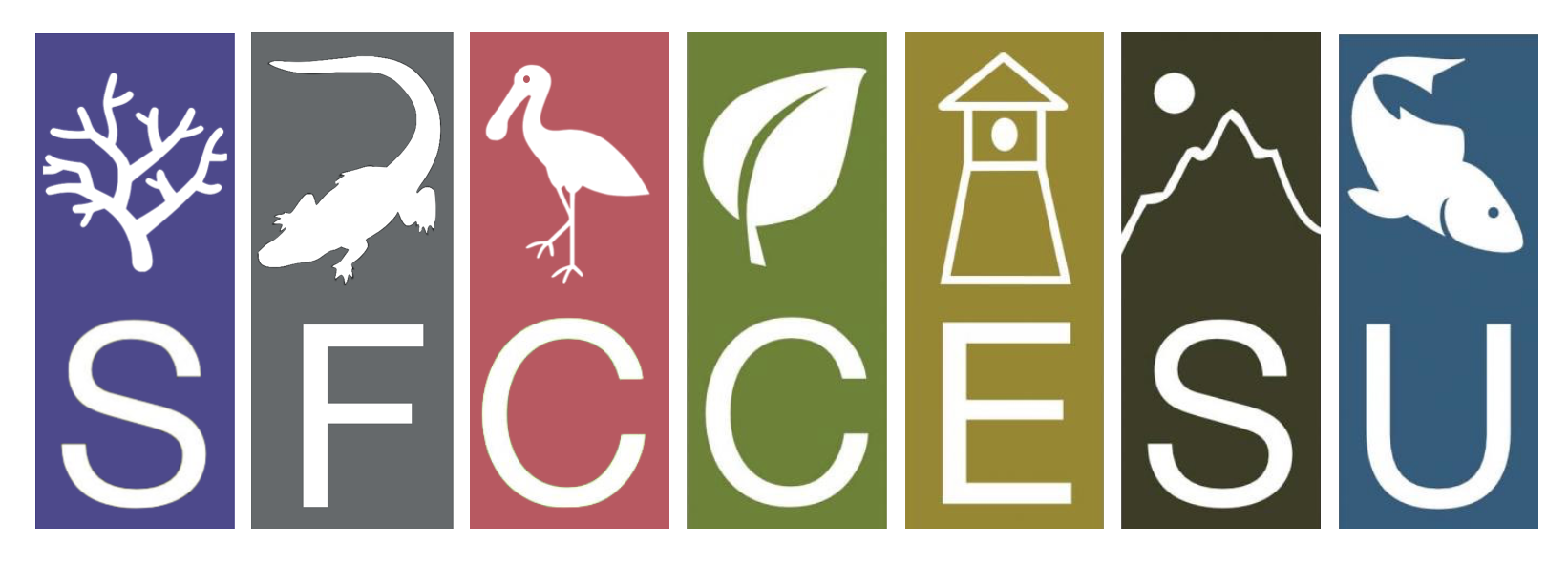South Florida – Caribbean
Cooperative Ecosystem Studies Unit
SFC CESU
Individually, we are one drop. Together, we are an ocean.
– Ryunosuke Satoro
Welcome to SFC CESU
The South Florida and Caribbean Cooperative Ecosystems Studies Unit (SFC CESU) was established in 2000 under the leadership of the Department of the Interior and has led to the partnership of nine federal agencies and 21 academic institutions and non-government organizations. Together, the SFC CESU partners support a regional approach to ecosystem science and adaptive management that emphasize natural and cultural resource understanding and protection at the landscape/seascape scale.
New Funding Opportunity
*Application Date: 27 May 2024
Invasive Species Eradication
This is where the text for the back of your card should go.
More InformationJob Position: Vegetation Management Tech
South Florida Water Management District
West Palm Beach, FL
Summary and Responsibilities:
Controls aquatic and terrestrial vegetation to support the District’s water management and natural resource protection missions using a variety of control techniques. These techniques include the proper mixing, calculating, and applying of a variety of approved herbicides according to product label directions and in accordance with the rules and regulations as set forth by Florida Department of Agriculture and Consumer Services, Environmental Protection Agency (EPA), State and County regulations and policies governing the application of herbicides.
Vegetation management activities will also include the operation of mechanical harvesting equipment. Operates powered and manual equipment relative to vegetation management such as airboats, all-terrain vehicles, midsize tractors, outboard motorboats, aquatic vegetation harvesters (e.g., Truxor® amphibious machine, Conver® harvester, tow boats) chemical spray trucks, backpack sprayers including transporting, loading, and offloading of equipment.
Fills sprayer tanks with water and chemicals, according to formulas. Mixes herbicides and/or algaecides for application to vegetation or algae. Connects hoses and nozzles selected according to terrain, distribution pattern requirements, types of infestations, and velocities. Starts motors and engages machinery, such as sprayer agitators or pumps or portable spray equipment. Lifts, pushes, and swings nozzles, hoses, and tubes to direct spray over designated areas.
Maintains awareness of weather conditions, environmentally sensitive areas, drift potential, obstructions, and herbicide label restrictions when planning and implementing control activities.
Inspects and monitors District owned rights of ways, canals, levees, easements and other properties for undesirable vegetation growth and invasive/nuisance plant species, including species identified as priorities for rapid response control.
Prepares and maintains vegetation management reports and daily logs using District data collection software including, but not limited to treatment schedules and mapping of planned control activities.
Posts warning signs in treated areas to inform the public of any water use or re-entry restrictions.
Uses a map and/or GPS to identify location and record, reference or retrieve vegetation management data.
Incumbent must have a background and practical work experience in vegetation management, good verbal and written communication skills, ability to plan and manage workloads, enthusiasm, and temperament for dealing with harsh wetland field conditions, and willingness and commitment to actively contribute to a collaborative teamwork effort.
All other duties as assigned. Work hours are Monday – Thursday, 6:30 a.m. – 5:00 p.m.
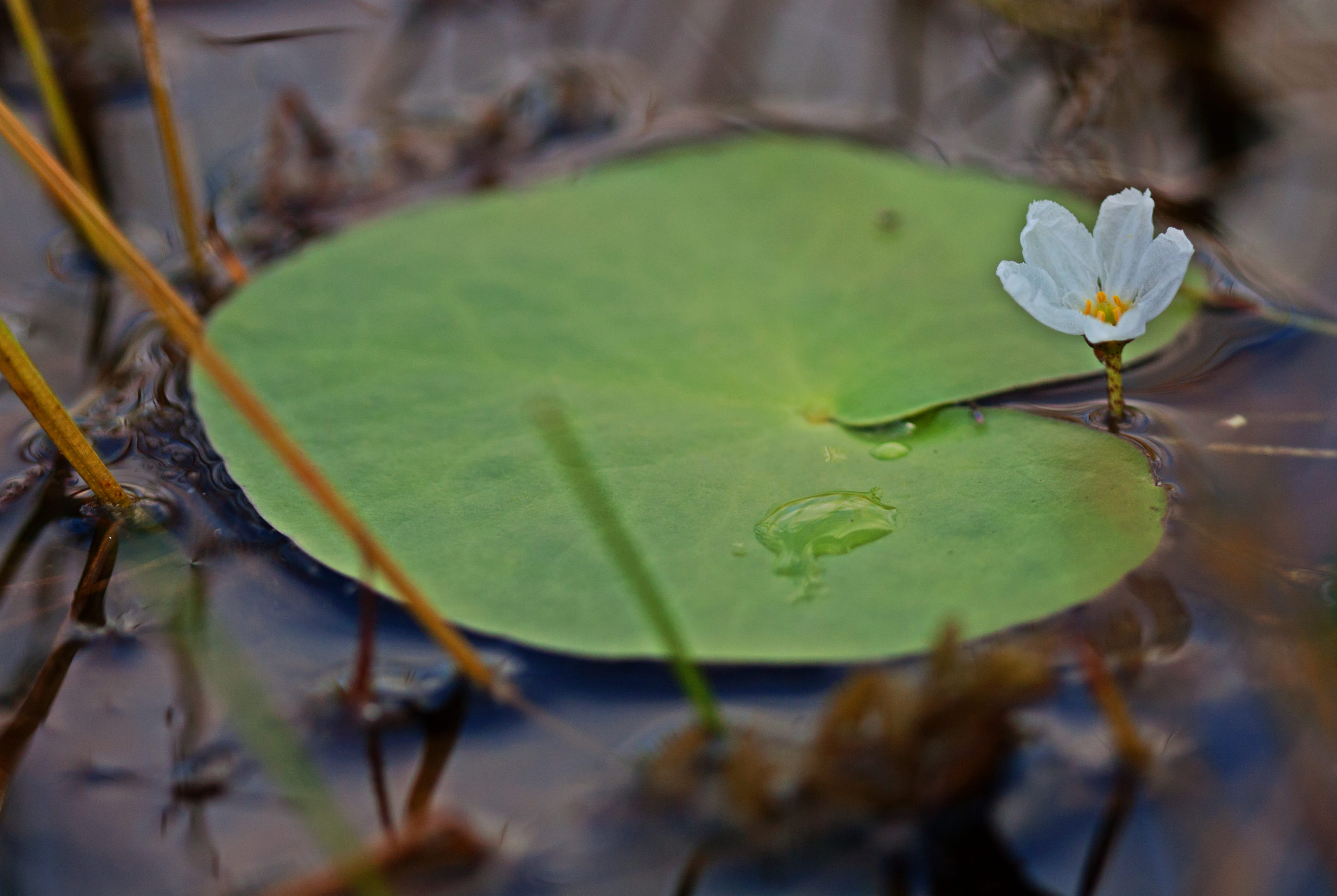
Glacier National Park Conservancy – Jerry O’Neal Research Fellowship
Applications are now being accepted for the Glacier National Park Conservancy – Jerry O’Neal Research Fellowship for work in Glacier National Park. The fellowship aims to provide educational assistance for students seeking to understand natural and cultural resources issues and how these interact with human values. Special consideration will be given to proposals that address the following:
1. natural resource issues such as aquatic ecology, terrestrial ecology, fire ecology, invasive plants, and climate change
2. cultural resource issues, such as history and architectural studies, cultural landscape reports, ethnographic research, and archeology
3. social science that informs resource management about a natural or cultural topic and/or that addresses visitor impacts to park resources
Competition is open to graduate students or superior upper division undergraduate students at universities and colleges in the CESU Network. Applicants may request up to $7500. Applications must be submitted electronically by April 17, 2024. Application Process (also attached).
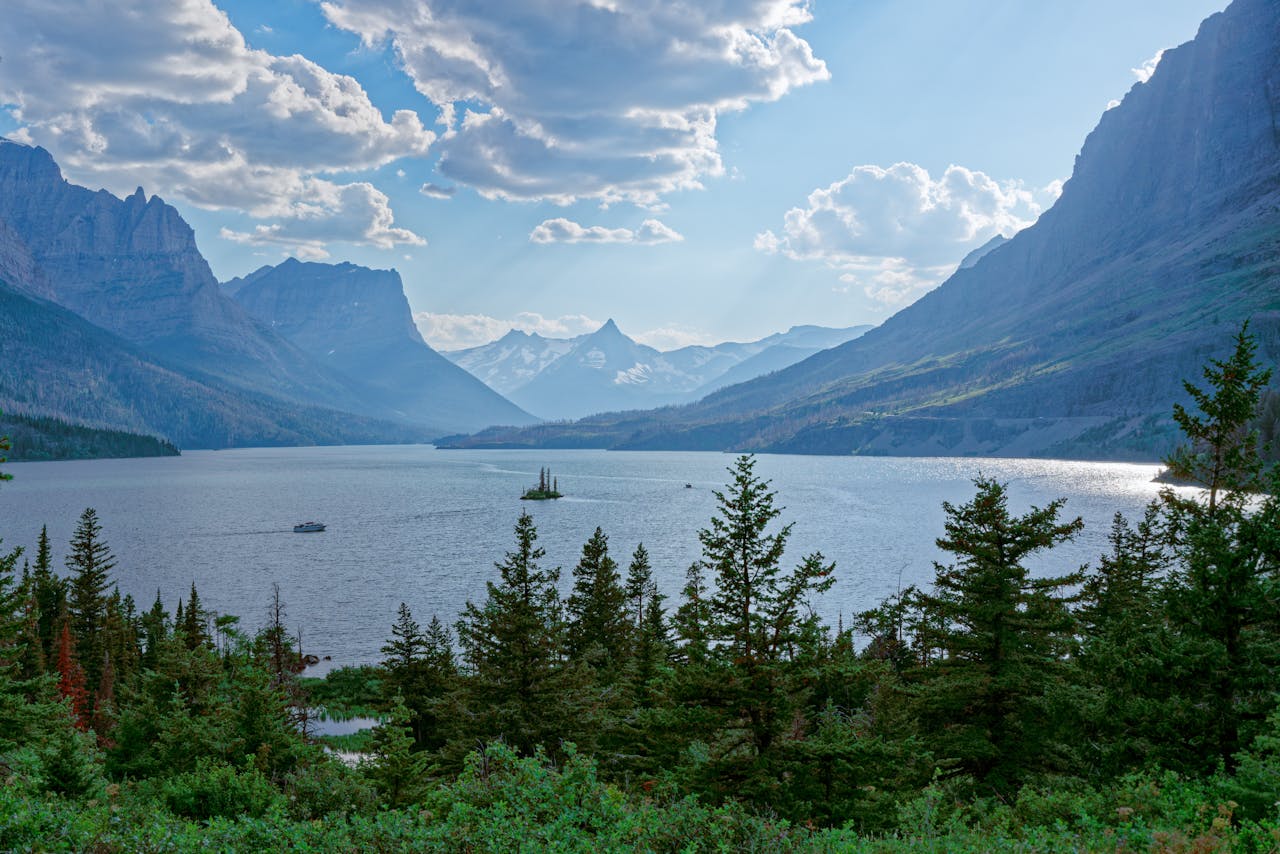
Postdoctoral Fellowship Opportunity:
Addressing Natural Resource Stewardship and Science Challenges Facing America’s National Parks
Application Deadline: January 28, 2024. Please consult individual postings for details.
In partnership with the National Park Foundation (NPF), the National Park Service (NPS) administers the Scientists in Parks (SIP) Fellowship Program that was established to support advanced postdoc science researchers who address urgent natural resource challenges facing national parks. In collaboration with parks, the incoming cohort of six Fellows will conduct innovative research that makes a meaningful impact on the preservation of America’s parks. Pivotal research findings will inform future management actions taken by the NPS and other natural resource agencies and advance regional, national, and global conservation.
SIP Fellows will be funded for three years, which will provide time to conduct innovative research and work closely with NPS employees and other natural resource partners. The fellowship is especially impactful because it includes a communication component to ensure major research findings are communicated to key partners, as well as the public, so that optimal conservation benefits are achieved. If you’re a recent postdoc with a passion for nature and parks and want to use your expertise to advance conservation, we encourage you to apply!
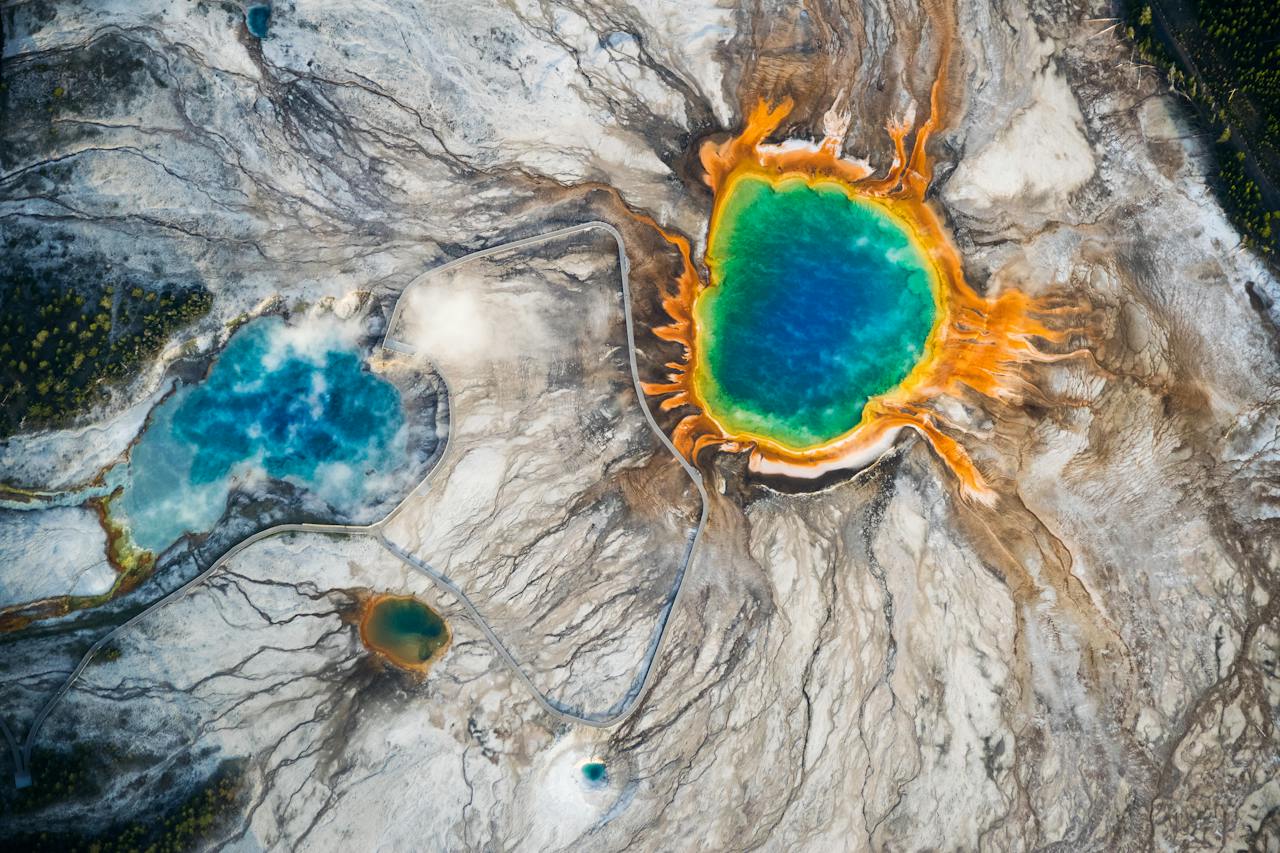
Now accepting 2024-25 Global Change Research Fellow applications
The Southeast Climate Adaptation Science Center (SE CASC) is seeking applications from eligible graduate students pursuing interdisciplinary research on global change and adaptation for the next cohort of Global Change Research Fellows.
Fellows receive financial and professional support during the year-long program while also building a network of collaborators and advisors across the SE CASC.
Full applications and letters of recommendation are due February 15.
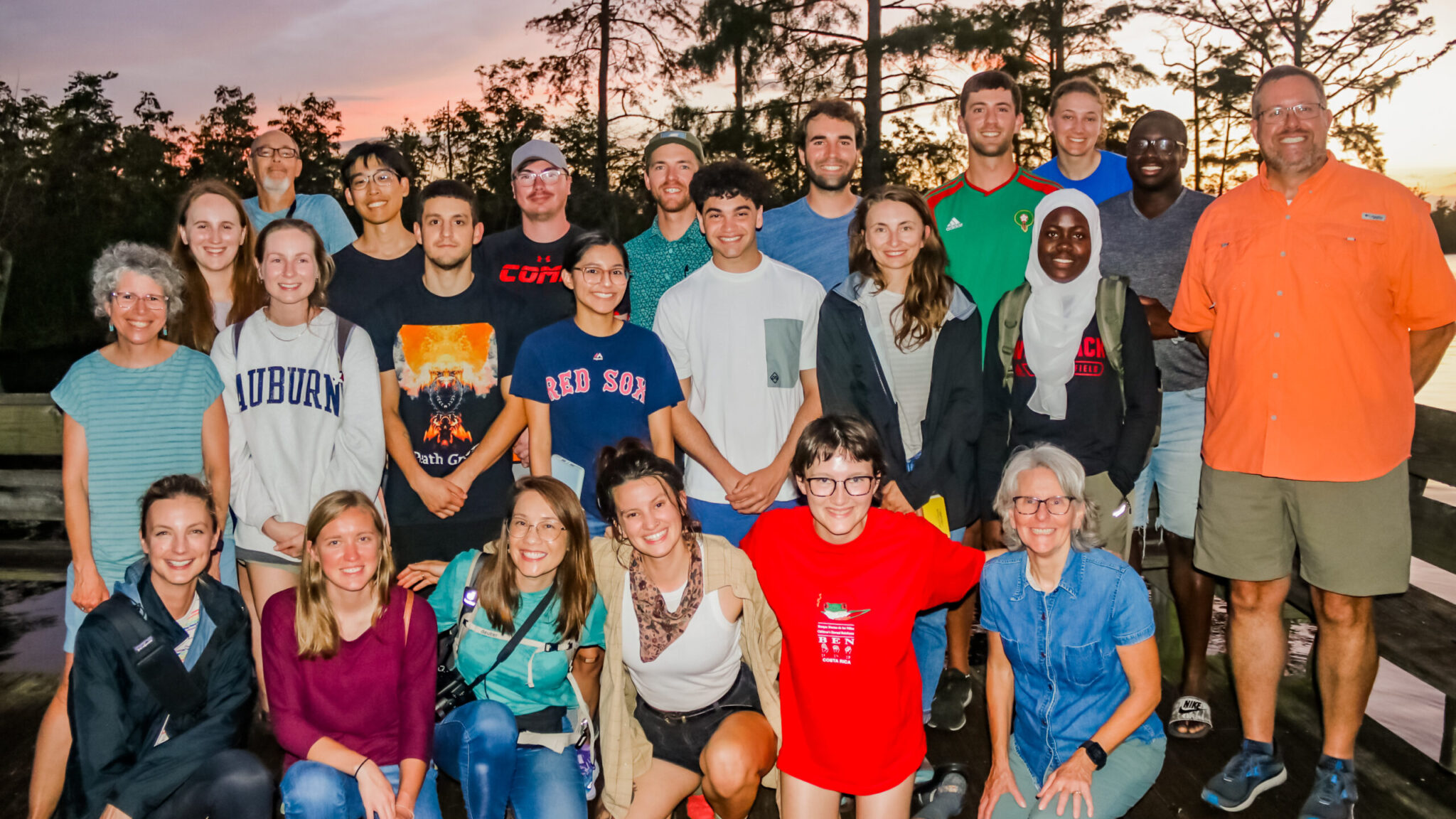
SFC CESU Members Awarded at 2022 CESU National Meeting
Congradulations to Dr. Laura Brandt, Dr. Jennifer Rehage, Dr. Jay Sah, and Paige Kleindl for recieving individual awards at the 2022 CESU National meeting for their leadership and involvement in the SFC CESU!
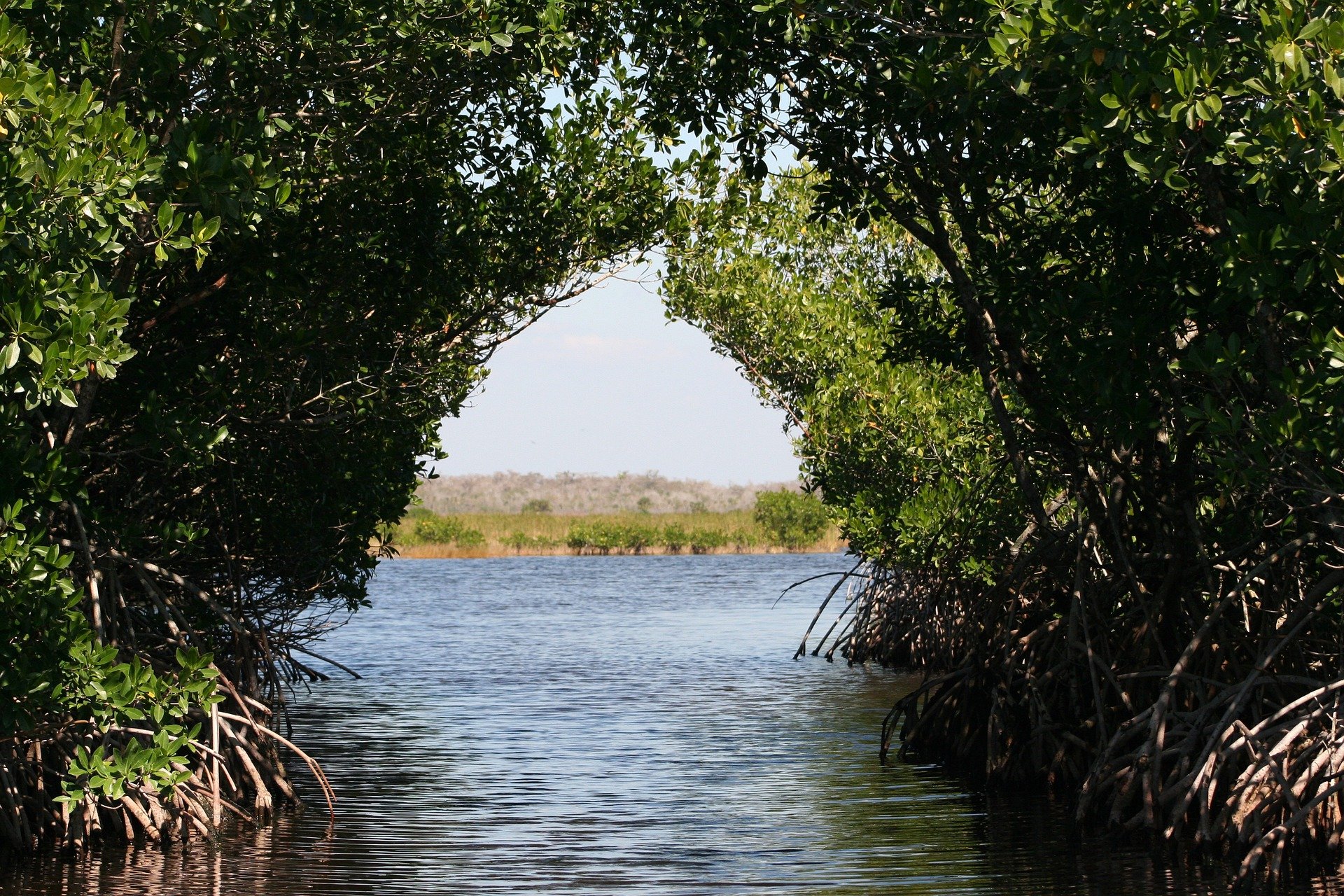
Get To Know The SFC CESU Partners
Learn about the research being conducted by our non-federal partners as well as the projects funded by federal partners and the role they play in our regional CESU.
Visit our About page to discover more!

